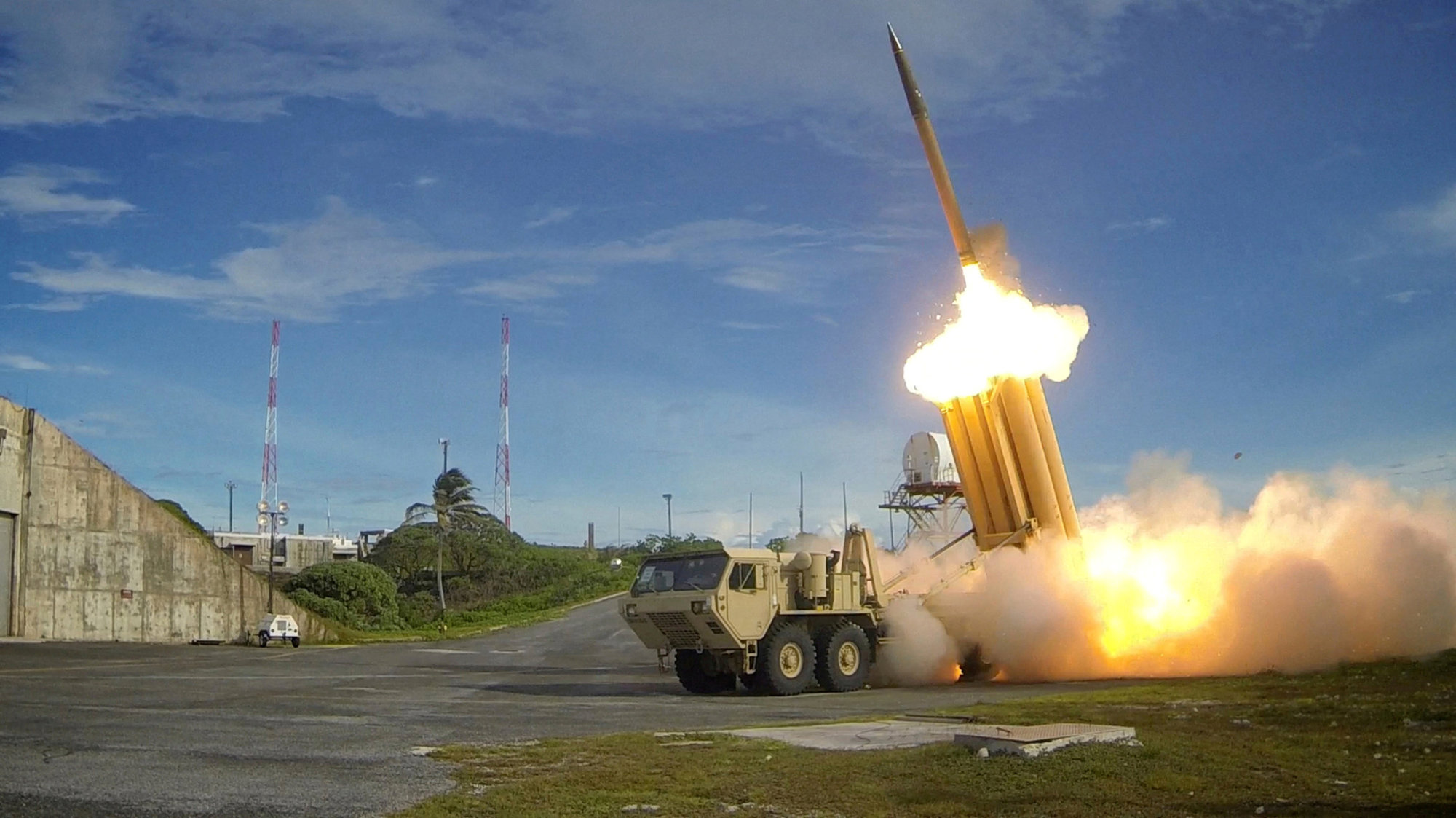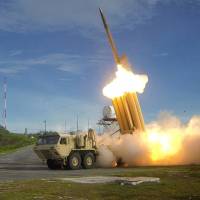Acting South Korean President Hwang Kyo-ahn said on Monday the deployment of a U.S. anti-missile defense system can not be delayed in the face of a growing North Korean nuclear missile threat and despite Chinese hostility to the move.
South Korea and the United States say the deployment of the Terminal High Altitude Area Defence (THAAD) system is designed to protect against North Korea's nuclear and ballistic capabilities.
But China says THAAD's powerful radar could penetrate its own territory, leading to calls from some South Korean opposition leaders to delay or cancel its deployment.
"(North Korea) has been expanding its nuclear capabilities and developing the technology to create nuclear weapons. They are also miniaturizing nuclear weapons," Hwang told reporters.
"Right now is not the time to talk to try to resolve North Korea's nuclear issues."
North Korea has carried out a series of nuclear and missile tests in defiance of U.N. sanctions. North and South are technically still at war because their 1950-53 conflict ended in a truce, not a peace treaty.
Asked about China's response to THAAD, Hwang said there were "some concerns" and that more time was needed to address these.
"The relationship between South Korea and China was not made in a day. We have engaged in diverse cooperation since the beginning of our diplomatic ties," Hwang said.
South Korea's finance and trade ministers have said they suspect China is taking indirect, retaliatory action against THAAD, but have not addressed the issue outright.
Hwang was speaking in place of President Park Geun-hye, who has been impeached by the country's National Assembly amid an influence-peddling scandal and stripped of her powers as she awaits a court decision on her fate.



















With your current subscription plan you can comment on stories. However, before writing your first comment, please create a display name in the Profile section of your subscriber account page.